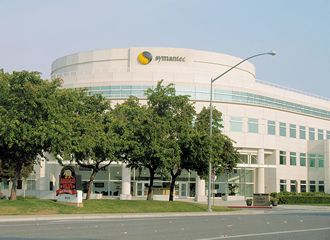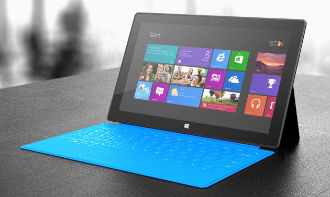 Ericsson and Cisco have announced a global business and technology partnership which will offer routing, data centre, networking, cloud, mobility, management and control, and global services capabilities.
Ericsson and Cisco have announced a global business and technology partnership which will offer routing, data centre, networking, cloud, mobility, management and control, and global services capabilities.
It is a pretty powerful combination. They already are partners, with a combined 56,000+ patents, $11 billion of research and development investment, and more than 76,000 services professionals serving customers across more than 180 countries.
Apparently this new announcement will be supported by multiple agreements that include commitments to network transformation through reference architectures and joint development, systems-based management and control, a broad reseller agreement, and collaboration in key emerging market segments.
The parties have also agreed to discuss FRAND policies and enter a licensing agreement for their respective patent portfolios, enabling unfettered joint innovation and providing certainty for customers of both organisations. Under the deal Ericsson will receive license fees from Cisco.
Teams from both organizations will also begin working on a joint initiative focused on SDN/NFV and network management and control.
Hans Vestberg, President and Chief Executive Officer, Ericsson said in a statement that the partnership will focus on service providers, then on opportunities for the enterprise segment and accelerating the scale and adoption of IoT services across industries.
“For Ericsson, this partnership also fortifies the IP strategy we have developed over the past several years, and it is a key move forward in our own transformation,” he said



















